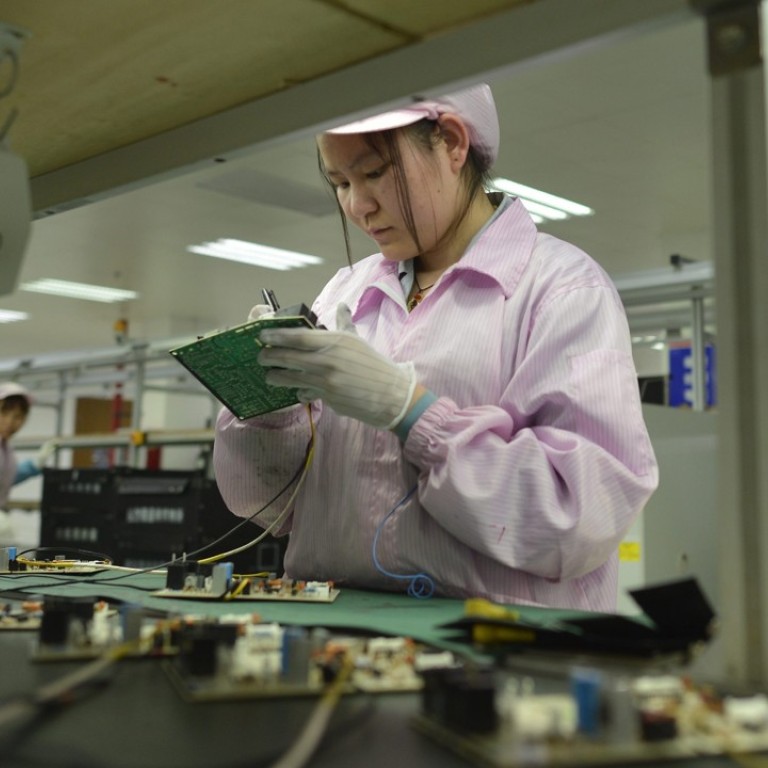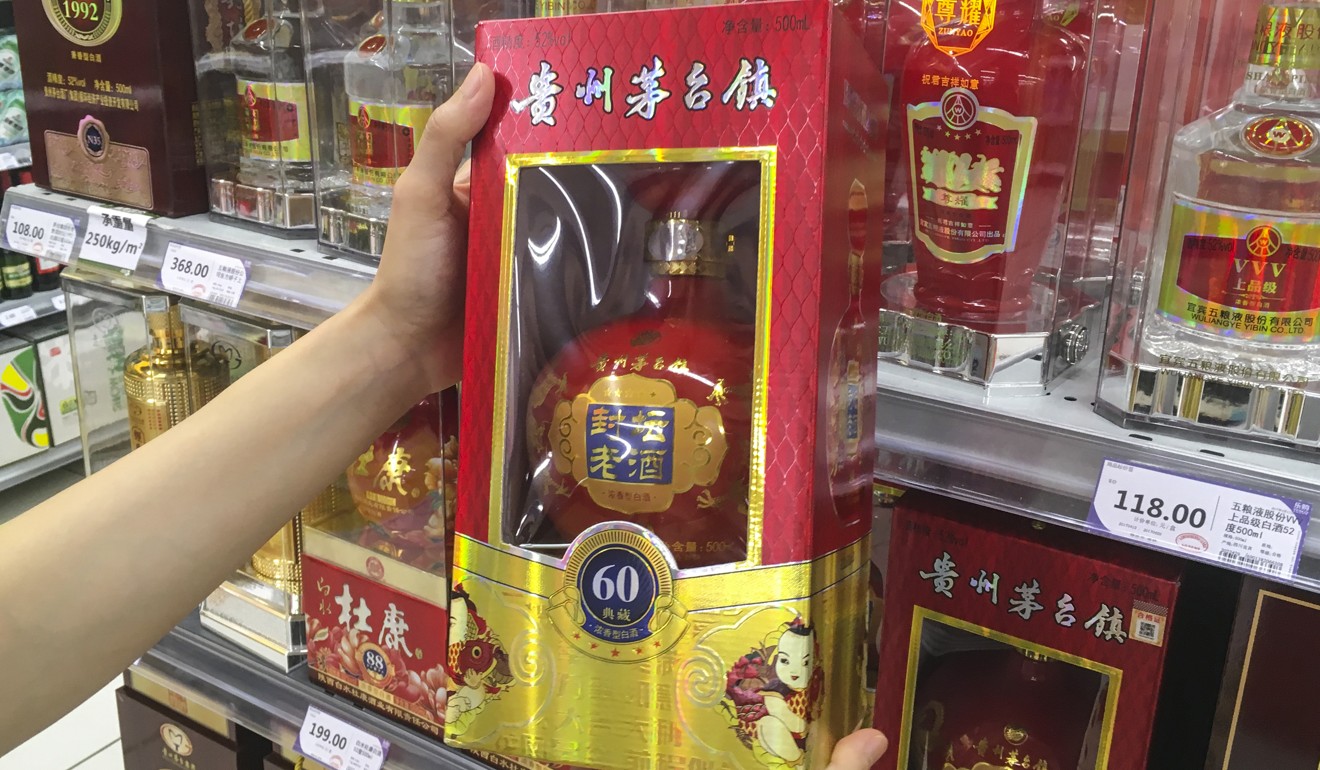
Explaining the curse of Chinese mutual funds’ top stocks
Liquor and home appliance makers are next in line to deliver negative returns, according to historical data
China’s liquor and home-appliances stocks, the preferred choice of the nation’s mutual fund managers this year, are in danger of declining for the rest of the year if history is any guide.
That is the finding of Haitong Securities, the nation’s second-largest brokerage, which says the 10 companies most favoured by Chinese mutual funds tend to deliver negative returns six months after releasing their quarterly earnings, based on historical data over the past decade.
Meanwhile, Central China Securities recommends selling defensive consumer companies, as China’s economic growth shows signs of a pick-up and valuations of smaller growth stocks drop to a cheaper level.
The equity allocations of mutual funds towards liquor and home appliance companies have reached the highest since at least 2015, as a campaign by policy makers to cut excessive liquidity from the financial system prompts investors to seek cheaper stocks with secure earnings. Gree Electric Appliances, Midea Group, Kweichow Moutai and Wuliangye Yibin were among the 10 most heavily held stocks by mutual funds in the second quarter, according to data compiled by Haitong.
“Star stocks preferred by mutual funds normally accumulate sizeable gains when their holdings are revealed, and valuations become more expensive,” said Wang Zheng, chief investment officer at Jingxi Investment Management, a Shanghai-based hedge fund firm. “Other institutional players who miss the boat wouldn’t chase the stocks and seek other bargains. Without newcomers to buy, there’s no catalyst for the stocks to go up further.”

Gauges tracking consumer staples and discretionary stocks have advanced at least 13 per cent this year, among the best-performing industry groups.
However, the rally seems to be running out of steam in the second half of the year. Since July, the consumer discretionary sector has dropped 4.7 per cent while consumer staples shares have risen 1 per cent. Instead, investors have been shifting into commodity producers on the prospect of rising prices, pushing up a sub-index of material stocks by 18 per cent in the period.
Gree, the nation’s biggest maker of air conditioners, and Midea, China’s biggest appliances manufacturer, have slid more than 6 per cent since the first half, while liquor maker Wuliangye remains little changed.
Zhongtai Securities says the correction for liquor makers is “normal” and the stocks will resume gains in the second half because of rising product prices and reasonable valuations. GF Securities recommends air conditioner makers including Gree and Midea because of rising demand and low inventories.
Consumer staples stocks are currently valued at 24 times estimated earnings for this year, matching their 10-year average, according to data compiled by Bloomberg. The multiple for consumer discretionary companies is 15 times, 12 per cent less expensive than the 10-year average, Bloomberg data showed.
Still, even as the valuations are not too stretched, the rally on consumer stocks may end with investors rotating into cyclical companies and lower growth shares, should economic growth continue to gather strength and small-caps keep falling to levels cheap enough to buy into, says Zhang Gang, a strategist at Central China Securities.
So far, the two scenarios have already shown incipient signs. The Purchasing Managers’ Index showed the nation’s manufacturing industry had expanded for 12 consecutive months through July, suggesting further strength in the world’s second-largest economy which grew by a better-than-estimated 6.9 per cent in the second quarter.
After a two-year, 57 per cent decline from its all-time high, the ChiNext index of start-up firms now trades close to its lowest level relative to big-cap shares on a valuation basis, according to data compiled by Bloomberg. The gauge has already rebounded 4.6 per cent from a 31-month low seen last month.
“When looking at the history, the valuation has already dropped to levels that are cheap enough,” said Zhang. “There’s room to add holdings in terms of allocations to ChiNext companies.”
Even mutual fund managers would sell some of their top holdings to seek absolute returns after a decent gain in stock prices in the first half, according to Wu Kan, a fund manager at Shanshan Finance in Shanghai. The view was echoed by Citic Securities. The nation’s biggest listed brokerage said some top-performing mutual fund managers would first seek to pull out of consumer stocks, as trading in the sector is too crowded among institutional investors and sticking to the holdings is unlikely to enable them to beat rivals by large margins.
“Consumer stocks were the most crowded trading in the first half of the year,” Wu said. “If you jump in now, that means you are way behind the curve.”

